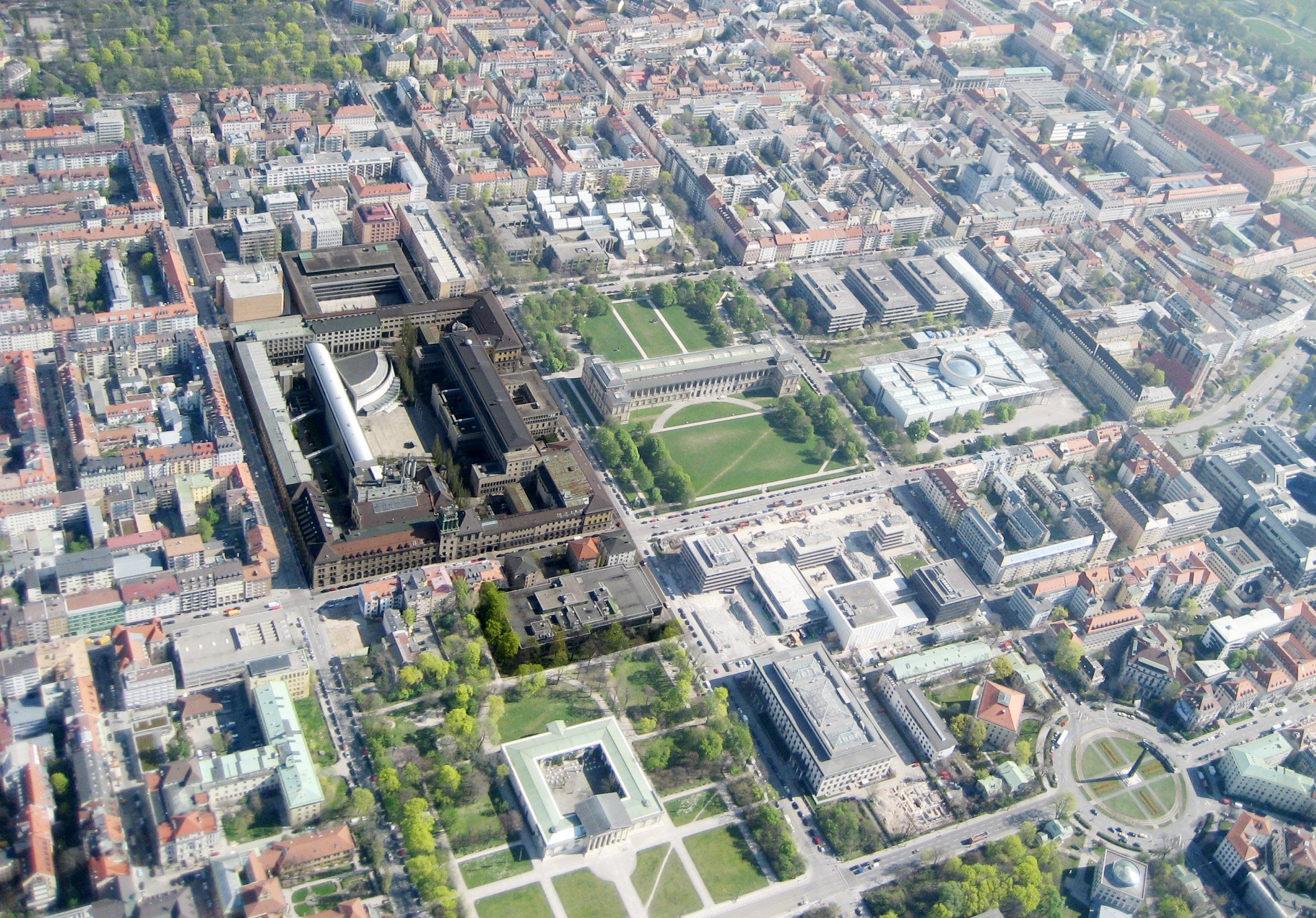This paper will introduce our strategy to reach out to user groups other than students, the motivation behind, marketing, feedback and findings so far and our next steps.
Usually, information literacy programmes focus primarily on students and their information needs.
A survey among academic staff however showed knowledge gaps regarding important information resources and a fundamental need for research activities to be supported by information expertise. We also found that administrative staff of academic as well as non-academic departments have information needs of varied kinds. Since Bavaria‘s curriculum for secondary education recognises information skills as one of the key skills in society there is a growing need for training students and teachers alike. Arising from TUM‘s strong link to its Alumni, these form another important target group of the library.
At TUM library we realised a strong need to support these groups regarding their specific information requirements more systematically. As a consequence it has become an integral part of the library‘s mission to respond individually to their different requirements.
We offer tours, workshops and lectures which are tailored to specific needs and have been developed in close collaboration with our customers. Content and teaching methods differ accordingly from a treasure hunt for 6th form students to a workshop on academic networking and bibliometrics for researchers.
Some of the services are offered and communicated in collaboration with other support facilities at the university or embedded in the faculty curriculum, others started as ad hoc sessions.
The TUM initiative to address academic and non-academic staff as well as alumni in a more systematic way is part of the library‘s programme to change the library into the University Centre for Knowledge Management, part of which will be developed in the framework of the current IATUL Task Force action plan. This will be reported on elsewhere during this conference.
Tina Hohmann is Deputy Head of Information Services and Liaison Librarian for Architecture and Civil Engineering at Technische Universität München. In her current role she is responsible for TUM library’s Information Literacy Outreach Programme. As a chartered librarian (CILIP) with a degree in Architecture and a Master in Library and Information Science she has previously worked in academic libraries in the UK and Germany as well as in various architectural practices.
#p413 #iatul2012 external users were engaged through after work library tours
— IATUL 2012 (@iatul2012) June 7, 2012
#p413 #iatul2012 “Learning library” – learning through curiosity and questioning
— IATUL 2012 (@iatul2012) June 7, 2012
#p413 #iatul2012 partnerships were formed with schools
— IATUL 2012 (@iatul2012) June 7, 2012
#iatul2012 #p413 TUM has classes aimed at faculty support staff / non-academic staff »Cool. I get requests from these folks at my university
— Edward Lim (@BarbarianEd) June 7, 2012
#p413 #iatul2012 there are more target groups in non-academic staff
— IATUL 2012 (@iatul2012) June 7, 2012
#iatul2012 #p413 Courses and workshops at TUM: “Get ready for your Degree” and “Get ready for your PhD” » plugging the gaps and needs
— Edward Lim (@BarbarianEd) June 7, 2012
#p413 #iatul2012 library information teams by subjects were formed
— IATUL 2012 (@iatul2012) June 7, 2012



You need the full time staff to serve so many user groups! Alumni have to come to campus to use databases. Walk-in users. That works. Huh.
Non-academic staff (administrative, support staff) – they are taught – how to find academic lit, get doc delivery, purchasing for their own depts, required readings. Depts include the usual student service centres, etc but also include the Fire Dept? Also partners with schools (secondary, etc) – aim to enroll in the uni and prepare for academic life – applies peer-group learning, related to their school subjects, students present to peers at the end. Workshop for teachers too! Teachers also taught plagiarism and referencing. Alumni – library tours – behind the scenes stuff. Interesting.